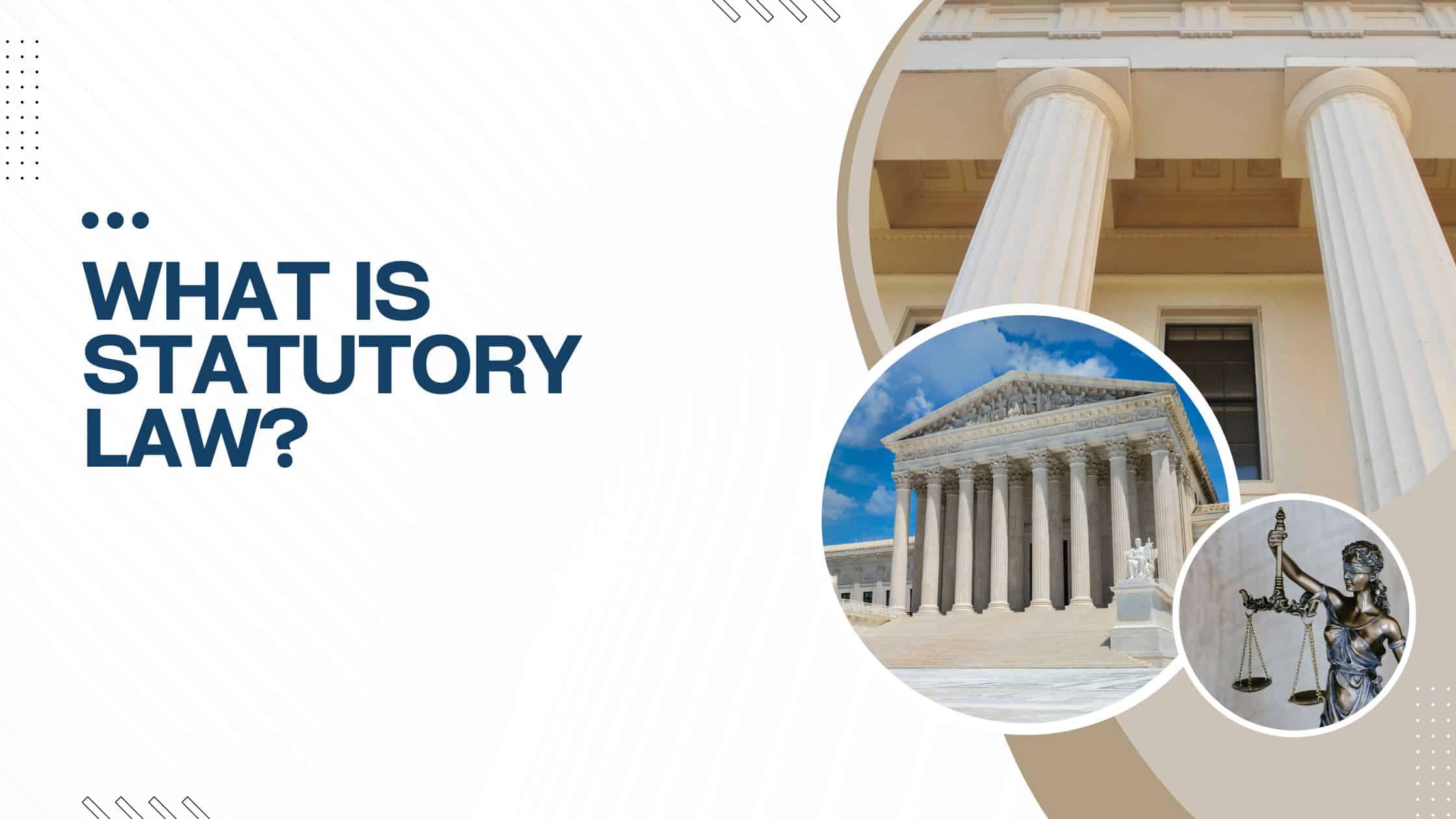Employers sometimes demand that their workers work overtime hours that are much longer than normally required to complete a project. Is this legal? Can your employer dismiss you for refusing to work overtime?
Yes, it is mostly legal for your boss to say you must work long hours in the United States. Bosses are even allowed to fire workers for refusing to work overtime hours. The only thing the employer has to do is pay you overtime.
Despite that, there are still legal restrictions on what employers are allowed to do. Sometimes, an employer might break labor laws by forcing an employee to work overtime. There are many state and federal laws in place to protect workers.
Table of Contents
ToggleOvertime in the United States
If a worker works long hours, the employer has to pay them extra money. Workers must be paid one and a half times their usual wages if working overtime beyond 40 hours per week.

No Permission is Required
Often, an employer will ask their employees if they want to work extra hours. Some workers are happy to get overtime work for additional pay.
However, if no one qualified wants to work extra hours, the boss might make overtime work mandatory. An employer can threaten to fire someone who won’t work extra and can actually fire them.

Implications for Unemployment Benefits?
Unfortunately, this is possible. If your boss fires you for refusing to work extra hours, you might lose your unemployment benefits.

Get Smarter on US News, History, and the Constitution
Join the thousands of fellow patriots who rely on our 5-minute newsletter to stay informed on the key events and trends that shaped our nation's past and continue to shape its present.
Refusing to work extra may be considered “deliberate misconduct,” which is enough to lose unemployment benefits.
Is Mandatory Overtime Unsafe?
Could workers argue that mandatory overtime creates an unsafe working environment because tired workers could get hurt on the job?

Under employment law, it is not a safety risk. The FLSA (Fair Labor Standards Act) clarifies that this does not count as unsafe.
What Laws Protect Workers From Excessive Overtime?
While there are no federal laws against mandatory overtime, there are laws against poor working conditions that sometimes apply. State laws may also protect you in certain circumstances.
Talk to Your Boss
If your physical health, mental health, or obligations make it difficult or impossible for you to work more than 40 hours a week, try explaining everything to your boss.
There’s a chance that they’ll be sympathetic to your situation. A compromise might be reached, or they could find another employee to cover the extra hours.
Check Your Contract
See if your contract says anything about how many hours you are obliged to work and whether the mandatory overtime breaks this contract.

Acceptable Reasons to Fire an Employee
A lot of workers are employed at-will, which means it’s easy for the employer to fire them.
They cannot be fired for any reason – discrimination and retaliation are not legal causes for termination. However, you can fire an at-will employee for refusing to work overtime, and this cannot be deemed wrongful termination under FLSA rules.
At-Will Employees
At-will employees are not protected by a contract, which makes it more difficult to fire them. The employer can let the employee go for nearly any reason.
If the employer doesn’t need or doesn’t like the worker, they can let them go even if they didn’t do anything seriously wrong. They don’t even have to perform poorly on the job to be let go.
What is Discrimination in Employment?
Discrimination in employment is treating someone differently because of their race, gender, or another factor. Employers are not allowed to discriminate based on any of the following:
- Race
- Gender
- National origin
- Disability
- Religion

Discrimination laws do not only apply to employment. For example, discrimination in housing is illegal.
What is Retaliation?
Employers are not allowed to fire employees that complain about discrimination or harassment. The employer cannot punish the worker in any other way for these complaints.
To avoid breaching retaliation laws, an employer should:
- Not retaliate even if they assume that the complaint is false. The employer may not know for certain that the complaint is false and is not legally allowed to retaliate.
- Take complaints seriously and investigate them. Find out if the complaint has any basis.
- Keep the complaint confidential. No one who doesn’t need to know about the incident should hear about it.
- Record all of the information you can find about the incident and keep the record.
Origins of Overtime Laws
Overtime laws have been around for a long time. They originated in the 1930s, during the Great Depression. The rules were the same in the thirties – every hour beyond 40 hours requires an overtime rate of one and a half times normal pay.

Are All Workers Eligible?
No, many people can work more than 40 hours per week without getting overtime pay. It depends on how much money you make and what kind of work you do.
If a person makes at least $35,568 per year and has an administrative, professional, or administrative role, they do not normally get overtime pay. Federal law does not require overtime pay for these workers.
However, the company might have an overtime policy, and state overtime law might require it. Managers and supervisors often work unpaid overtime.
State Overtime Laws
Some states may have overtime laws that are more or less generous than the federal overtime law. Workers get federal overtime compensation if it is higher and state overtime pay if it is higher.

For example, some states have daily overtime. If a person works more than 12 hours per day on their scheduled shift, they might have to pay an overtime rate of 1.5 times their normal pay, even if they worked less than 40 hours per week.
Under their employment law, some states require additional payment if the worker has worked for more than seven consecutive days. Workers who make less than a certain amount of money per year sometimes get more generous overtime.
Is Mandatory Overtime Legal? Quiz
Frequently Asked Questions
Is it legal for an employer to require employees to work overtime in the United States?
What are the overtime pay requirements under U.S. law?
Can an employer fire an employee for refusing to work overtime?
Are there any protections for workers against excessive overtime?
Are all employees eligible for overtime pay?
How useful was this post?
Click on a star to rate it!
Average rating / 5. Vote count:
No votes so far! Be the first to rate this post.
We are sorry that this post was not useful for you!
Let us improve this post!
Tell us how we can improve this post?







